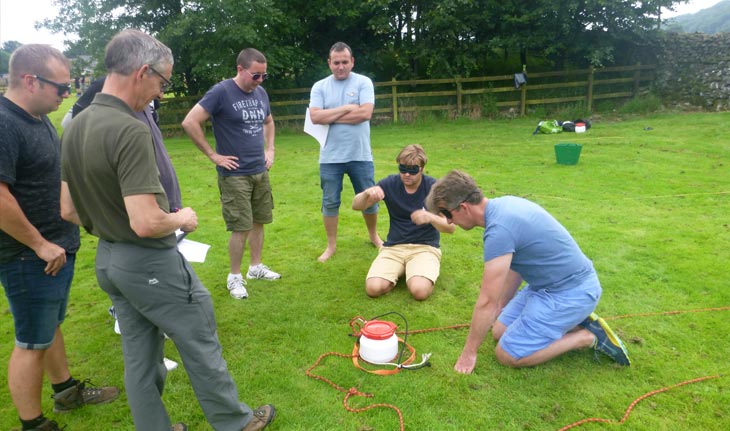Every person necessarily changes over the years – mostly in its perceptions, values, attitudes and lifestyles. Some of those changes are positive and qualitative and some of them are not. But what is common for all of them is the fact that they are all a result of the mix of life experiences, communication with others, and personal development. So how does all of that affect self-confidence?
Each person goes through three important stages in the development of self-confidence:
- Youthful stage and self-confidence
- The phase of youthful adult life and self-confidence
- Mature adult age and self-confidence
Youthful stage and self-confidence

The main characteristics of this stage are ideals, expectations, and insufficient life experience. A young person is full of idealistic perceptions of himself, other people, and the world. Such a person is prone to unrealistic expectations of himself and the world – he/she often strives for perfectionism, which is a result of insufficient life experience. This is quite normal and appropriate for the amount of life experience that every young person has. At the same time, a young person is craving to prove himself, and to be accepted by others. His inner ideals and goals are often unachievable and unrealistic, so every manifestation in real life seems like it’s not enough, because he/she compares it with their own “perfect” ideal. That’s why a young person feels mostly insecure.
The phase of youthful adult life and self-confidence

In this stage, people leave idealistic youthful thinking based on imagination and lack of experience behind, and start living a real life and have real social interactions. Through social interactions, people evaluate others and compare themselves with others in terms of achievements, talents, intelligence, beauty, and so on. Self-confidence at this stage is not based on comparison with others. A person over time takes up his position in society and acquires a certain degree of self-confidence by recognizing his own qualities, accepting his flaws, and giving up on non-rational goals, easily turning to what he/she can and wants to achieve in real life.
Mature adult age and self-confidence
This the final stage in which a person stops comparing himself with others – he/she also doesn’t estimate his/her values anymore, in the context of achievements in society. What has been done is done, and this is no longer of primary importance. A person understands the wisdom of life and turns to his/her inner self. He/she realizes that any comparisons are unnecessary and that the love he/she gets from the family and the close circle of friends and family is sufficient and irreplaceable. The meaning is found in the giving of love, rather than in the search for confirmation by others. An adult person turns to the inner world in which he/she sees the source of all the joys and solutions to the problems. He/she doesn’t try to change others but leaves the others and the world around him to be as they are, because he/she realizes that it is not at all prudence for happiness. The pursuit of achievement is replaced by the pursuit of creativity.
An adult person goes through these realizations gradually by gaining experience of life. A person can’t skip this stage because each of them needs a certain amount of experience. Learning in life is based on personal experience and therefore every person has to be patient and learn the pace that suits her.
More interesting psychology blog posts on feelbetter.com.
Author: MD Psychiatrists Aleksandar Jovanovic



